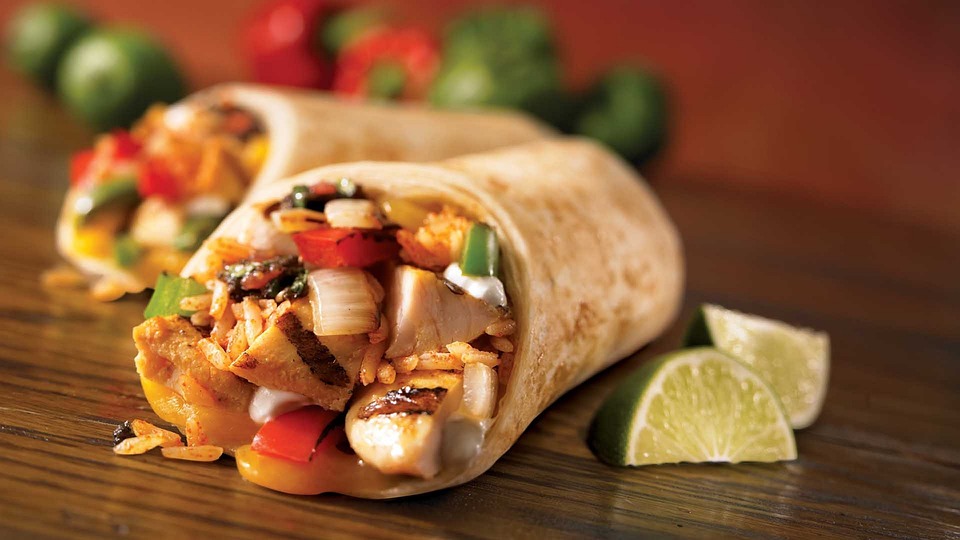Regenerative food businesses (NAR) are associated with the generation of food products and processes in which the conservation, restoration and strengthening of ecosystems and their self-regulation capacity are central to the activities, purposes and value proposition of the business. They start from a holistic and ecocentric vision, where nature is valued as the basis of everything. Its activities are synchronized with the natural cycles of the system, but always rooted in principles of justice and socioeconomic equity (gender, racial and ethnic), envisioning the reduction of inequalities, food security and sovereignty, and valuing local indigenous and traditional knowledge.
The strengthening of socio-ecological systems and their resilience are at the center of the regenerative identity, mainly considering the impacts of the climate crisis. In addition, at the same time that they can operate at multiple scales and are normally part of value networks, these businesses are recognized as components of a landscape, a bioregion, closely linking their economic success to the regeneration of the social fabric, and to health and wellbeing. well-being of the communities and ecosystems that they intend to improve. Therefore, they must collaborate with respect, wisdom and “plurality” with a series of processes in their context, such as the reconciliation and articulation of ecological, social and economic objectives together with the different stakeholders of the landscape.
In this direction, Fundación Avina coordinates, with the support of IDRC-Canada, the “Regenerative Food Businesses” initiative, with the aim of building and establishing, among the organizations involved, a common understanding of the concepts of Regenerative Food Businesses, Regenerative Agriculture and other associated concepts. The NAR Consortium is made up of different organizations that promote the regenerative approach: CATIE, GRADE, SVX México, Sistema B, NESsT, the SEKN network, Rafael Landívar University and WTT.
With an explicit gender focus and territorially addressing the biomes of the Amazon and the Central American Dry Corridor, the initiative started in April to generate a conceptual debate process that would allow regeneratively produced food businesses to be characterized. Then, a mapping of 180 NAR cases and actors who are entering the field of regeneration or the transition to it was addressed. Simultaneously, the selection process for the incubation of the first six cooperative organizations in Brazil and Colombia was carried out. All these materials are available to those who are interested in learning about them.
For inquiries on this topic, contact:
Pablo Vagliente (Avina Foundation): Pablo.vagliente@avina.net
Carolina Robino (IDRC): CRobino@idrc.ca
Source: inncontext.net

